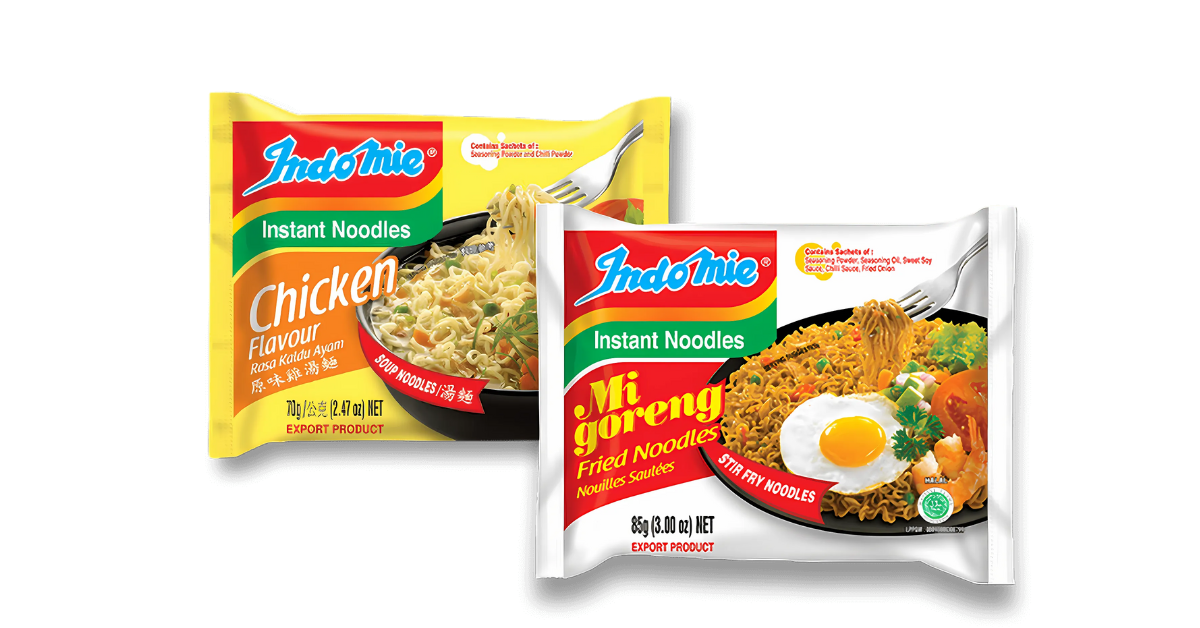A humble packet became a daily ritual across kitchens, school dorms, and street stalls, reshaping how a foreign idea could feel like home while staying easy on the pocket and big on flavor.
Indomie launched in 1972 with backing from Indonesia’s Salim Group, laying the foundation for rapid growth at home and abroad. A breakthrough came in 1982 with Mi Goreng, a dry noodle inspired by street food that swapped soup for oil, soy sauce, and seasoning, giving a richer taste that quickly caught on.
With momentum building, exports spread in the late 1980s, reaching Nigerian shelves where students and low income workers embraced the quick, tasty meal.
Also Read: Mon lift Dr. T Ao Trophy 2025 after penalty shootout thriller in Kohima
A decisive move arrived in 1995 when local manufacturing began in Nigeria under Dufil Prima Foods, cutting import costs, improving quality control, and speeding delivery. Localization followed: stronger spice blends and new textures met Nigerian tastes, as flavors like onion chicken and pepper forward options reframed noodles as a full meal rather than a snack. The result was a product people ate often, trusted, and recognized as part of everyday life.
Distribution, culture, and long term strategy
Availability became strategy, as Dufil built an extensive distribution network that pushed noodles into towns and rural areas through formal and informal retail alike. The brand connected with schools and young people through events, turning a simple cook and serve dish into a first kitchen lesson for many children who carried the habit into adulthood. Prices stayed within reach, reinforcing a simple promise: dependable, affordable, constant.
Vertical integration deepened resilience, with investments in seasoning, packaging, and milling to stabilize costs and supply in a tough infrastructure setting. the early 2000s, Indomie was a staple across urban and rural Nigeria, and the line expanded to include smaller “Minimee” packs for school lunches and low income households.
The strategy delivered scale and, more importantly, shifted perception: Indomie stopped feeling foreign and slipped into memes, music, slang, and daily routines at home and in boarding schools, on plates with eggs, vegetables, and peppered meats.
Also Read: Bendigo Writers Festival hit by boycott over conduct rules
From foreign brand to everyday habit
2016, Nigeria ranked among the top instant noodle consumers globally and first in Africa, with Indomie commanding more than 70% of the local market and running multiple factories and more than a dozen production lines nationwide.
The company’s footprint grew across Egypt, Saudi Arabia, and Ghana, tailoring products to local tastes while returning to a clear playbook: localize the product, build infrastructure, price for the market, create loyalty early, and stay consistent for decades.
Rather than chase short lived gains, Indomie focused on permanence, becoming the flagship of a multi billion dollar parent by being everywhere, every day, for everyone, and meeting everyday needs without chasing premium positioning.



